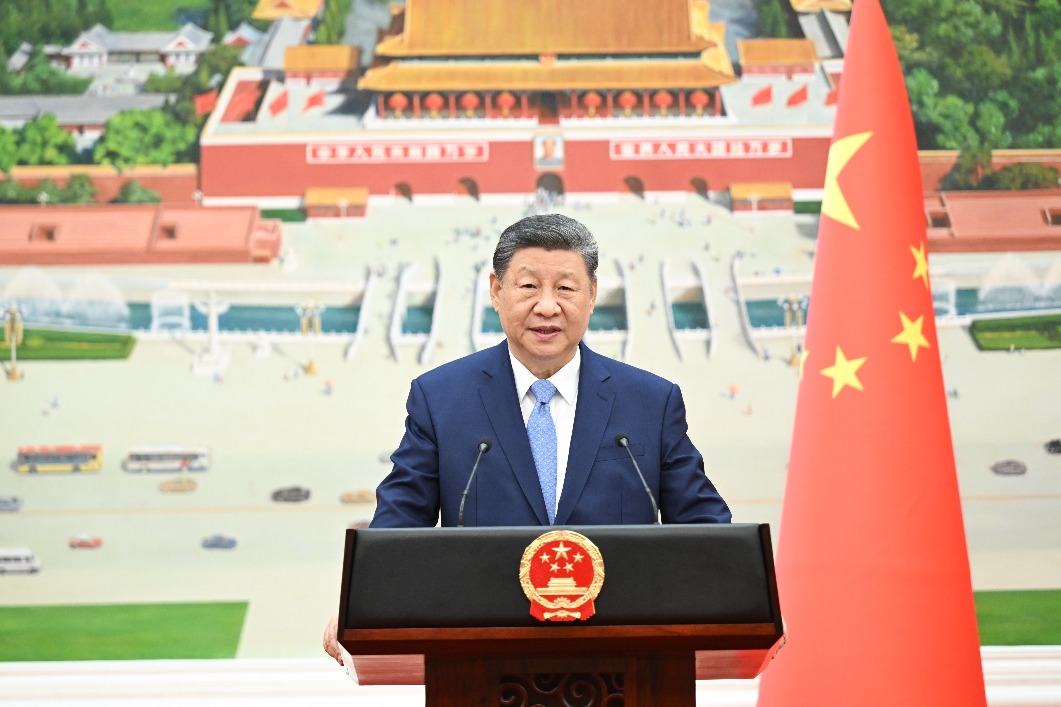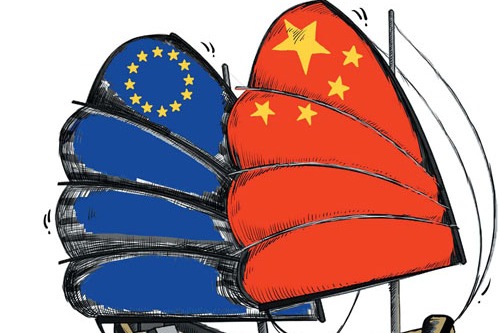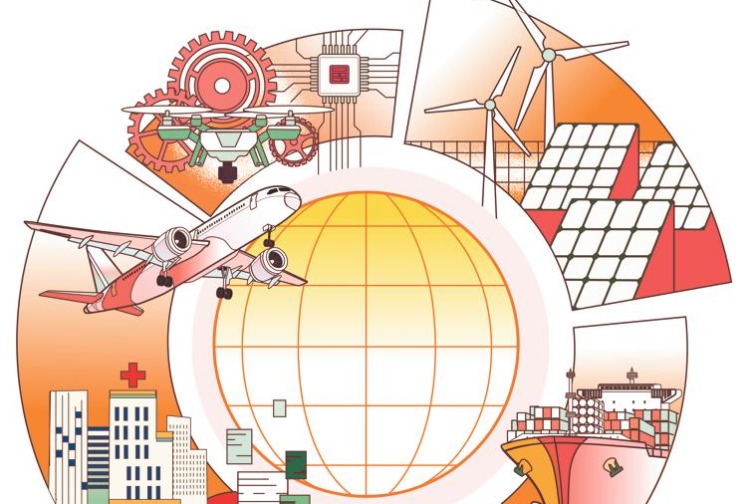US high-tech export ban self-defeating


Editor's Note: The US Commerce Department is finalizing a set of rules, according to media reports, to limit exports of sophisticated technology including quantum computing and 3D printing to China. What will be the impact of these rules on China? Will they lead to a "technology cold war"? Two experts share their views on the issue with China Daily's Liu Jianna. Excerpts follow:
China should strengthen key technology sectors
If the export of sophisticated technology threatens the national or industrial security of the exporting country, such a ban would make sense. But the fact is that, a lack of a clear set of standards on violation of national, industrial or cyber security has given countries a rather large room to devise protectionist trade policies. Worse, such bans run counter to the basic principles of free trade.
Most US and Chinese enterprises hope to integrate with and help develop the global industrial chain despite the United States administration's efforts to do just the opposite.
And the fact that the White House has sought to politicize economic issues essentially means it is harming US companies' interests.
In the short to medium term, Chinese enterprises could suffer due to the US' policy to limit high-tech exports. But in the long run, Chinese companies would be driven to develop core technologies and promote technological innovation to offset the US policy's impact.
But despite the White House openly resorting to protectionism, especially to thwart China's technological progress, it would be a wild stretch of imagination to expect a "technology cold war" between the two sides.
Many Chinese people believe the country should further open up its economy in the face of the US' non-cooperation or intensify research and development to replace US technologies with its own. But that is no answer to how China should manage the current situation.
The answer lies in gaining irreplaceable advantages in major links of key industries, rather than setting up an industrial chain independent of the US. For instance, Japan's integrated circuit industry suffered a huge blow in the 1990s, but the US could not disintegrate itself from Japan's supply chain because Japan made the most sophisticated integrated circuit materials and equipment in the world.
As such, China should attach greater importance to industries related to national and industrial security, people's livelihoods and vital interests including information and communications technology and medical apparatus and instruments.
Jia Bei, a research fellow on industrial economics
































